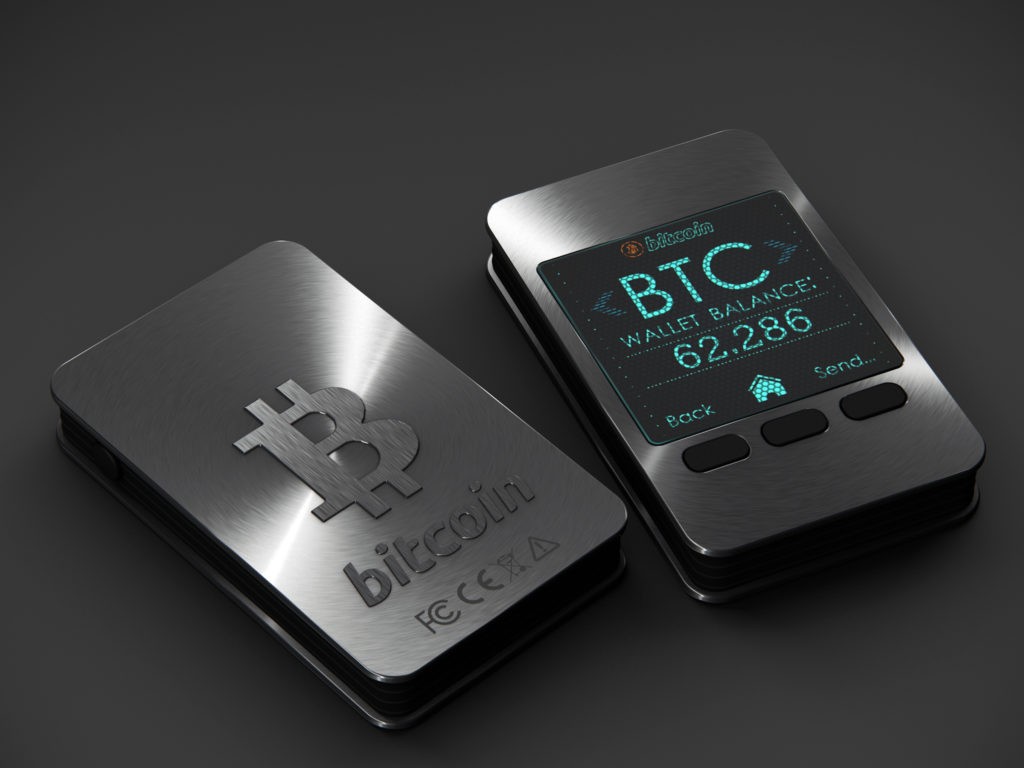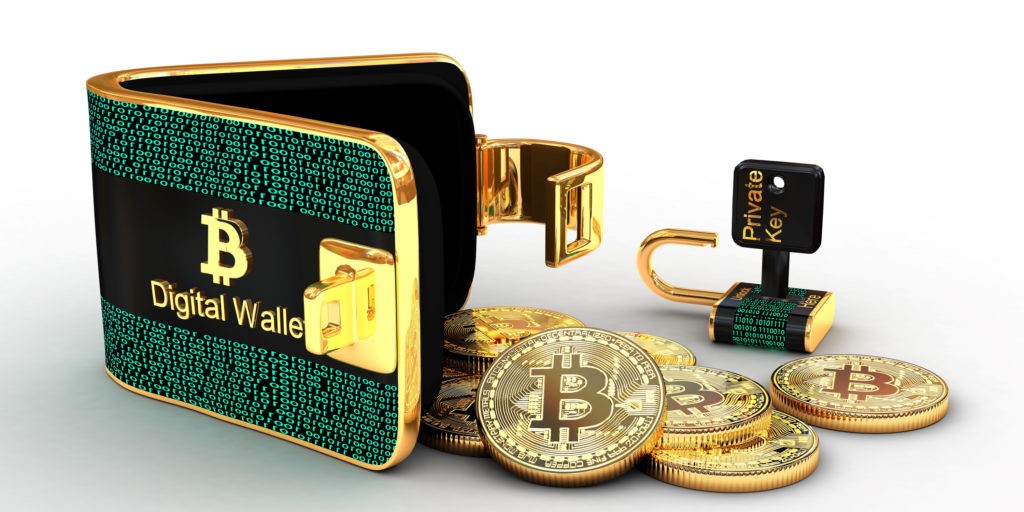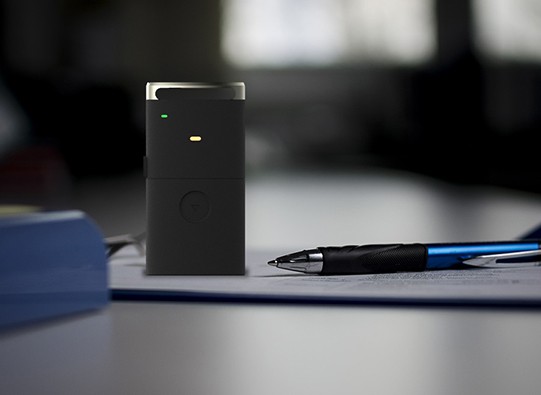
How do Cryptocurrency Hardware Wallets Work?
How Does a Cryptocurrency Hardware Wallet Work?
The cryptocurrency market continues to grow with many new technological and innovative advancements. The hardware wallet is such an advancement – it stores your private keys on an external device rather than online, on your phone, or your computer. Hardware wallets are popular because they offer increased security from hackers and malware. They also provide peace of mind to users since their coins will stay offline, away from prying hackers.
Hardware wallets for cryptocurrency like Bitcoin and Ether provide many of the same benefits as other types including convenience for daily use and no banking restrictions. But they also offer much-needed increased security for end users. You don’t have to worry about someone accessing your funds through malware on your phone or phishing scams.

What is a Cryptocurrency Hardware Wallet?
A cryptocurrency wallet is a physical device that stores your cryptocurrency’s private keys. These private keys are then used to securely access your public cryptocurrency wallets and complete transactions. Unlike software wallets, which are apps that store your keys digitally, hardware wallets store your private keys on an external device in a protected area of the microcontroller.
Some wallets resemble a USB pen drive while others look like a regular credit card or a mini calculator. Popular recommended hardware wallets include Trezor, Ledger, and KeepKey. Hardware wallets offer increased security and peace of mind for crypto owners.
How Do Hardware Wallets Work?
Crypto hardware wallets usually come with their own application / software that to complete cryptocurrency transactions. First, you connect your crypto hardware wallet to your computer or phone with online access. Most crypto wallets are unlocked by typing a password or PIN, while some include fingerprint sensors. Although the quality of each fingerprint sensor varies. When you want to make a cryptocurrency transaction, connect your crypto wallet to your computer or mobile device and type your password to approve the transaction.
As soon as the transaction is completed, disconnect your wallet, then put it back in a safe place. This means that nobody can access your cryptocurrency unless they can physically access your wallet and know your security information.
The Benefits of Crypto Wallets.
Crypto hardware wallets keep your coins offline and secure. This means that hackers can’t steal your coins by gaining access to your computer or mobile device. Since the device itself acts as an interface between you and the network, it is nearly impossible for a hacker to target only your hardware wallet, which decreases the chances of you losing all your cryptocurrency investments.
Another serious advantage is layered security. Use MFA to secure your account. Even if the malicious actor does manage to get into your account, they will not be able to steal coins without having access to the physical device itself.

How to Keep the Cryptocurrency in Your Wallet Safe.
The main risk of using a hardware wallet is that you’ll forget your password or PIN. When this happens, you cannot access your cryptocurrency at all. Remember that programmer who wrote his Bitcoin hardware wallet’s password down on paper and lost it? The value of the Bitcoin was $220 million.
Use a password manager to safely record cryptocurrency access credentials. This mitigates the risks significantly. With a password manager, cryptocurrency hardware wallet owners can securely save their passwords and PINs and login using a smart security key. This is 2FA and an easier way to gain access. Researchers know that cyber criminals are chasing these targets. So, it’s important that end users be just as vigilant in protecting their cryptocurrency access controls.
Another important thing you should do is store your recovery seed in a safe place. When you set up your wallet, you’ll need to generate a recovery seed. This is different from your password or PIN. Use this recovery code to recover your cryptocurrency if your wallet is ever lost, stolen, or damaged. Store this code securely in your password vault.
Finally, see GateKeeper Enterprise advanced MFA in action.
Take a self-guided tour of how you can evolve from passwords. Then you're really saving time with automation.




